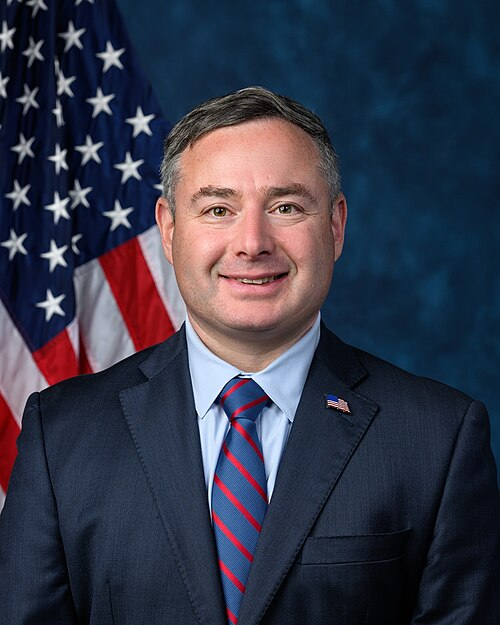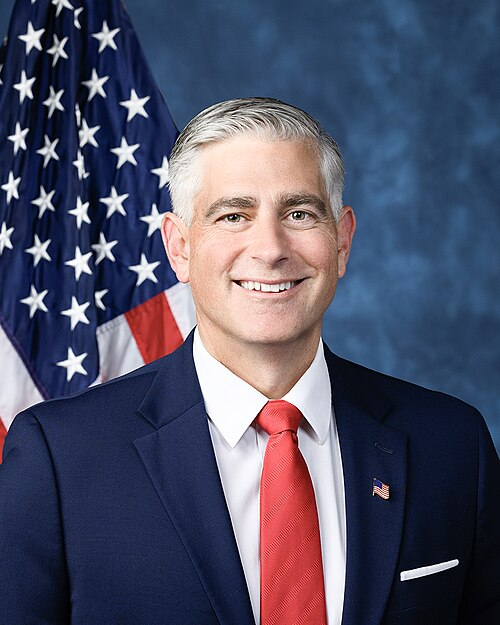H.R. 5032: Nitazene Control Act
This bill, known as the Nitazene Control Act, aims to address the issue of nitazenes, which are a class of synthetic opioids that have been linked to significant health risks, including overdoses and fatalities. Here’s a breakdown of what this bill proposes:
1. Classification of Nitazenes
The bill seeks to permanently schedule nitazenes under Schedule I of the Controlled Substances Act. This means that nitazenes will be categorized as substances with a high potential for abuse and no accepted medical use. The specific nitazenes that will be categorized includes:
- Etonitazene
- Clonitazene
- Metonitazene
- Isotonitazene
- Protonitazene
- Butonitazene
- Etodesnitazene
- Flunitazene
- N-pyrrolidino etonitazene
- N-desethyl isotonitazene
- N-piperidinyl etonitazene
2. Rationale Behind Permanent Scheduling
The bill outlines several findings that justify the need for permanent scheduling:
- Nitazenes are highly potent synthetic opioids, some being more potent than fentanyl.
- These substances are already subject to temporary scheduling by the Drug Enforcement Administration (DEA) due to their risks.
- Nitazenes have been found in the illegal drug market, contributing to overdose deaths.
- A permanent classification is seen as necessary to prevent the emergence of new analogs of nitazenes and to streamline enforcement efforts against their production and distribution.
3. Implementation Details
The bill also includes technical amendments to the Controlled Substances Act:
- Once this bill is enacted, any substances categorized as nitazenes will be permanently scheduled under Schedule I immediately, with removal of any temporary status they may have.
- The Attorney General, working with the Secretary of Health and Human Services, will have the authority to clarify the definition and scope of nitazenes as needed to enforce this legislation.
- Researchers who are already studying nitazenes will be allowed to continue their work without needing to register immediately under the new Schedule I requirements, provided they comply with certain conditions for research ongoing prior to the act's enactment.
4. Research Exemption
The bill provides a temporary exemption for researchers who were already conducting studies involving nitazenes. This exemption includes:
- Researchers must have an active investigational new drug (IND) application or another recognized regulatory exemption.
- Research must have been approved by an institutional review board (IRB) prior to the enactment of the bill.
- Researchers are required to notify the Attorney General about their ongoing work within 90 days after the enactment of the bill.
- The exemption lasts for up to 18 months, during which time researchers can apply for proper registrations.
Relevant Companies
None found
This is an AI-generated summary of the bill text. There may be mistakes.
Sponsors
4 bill sponsors
Actions
2 actions
| Date | Action |
|---|---|
| Aug. 22, 2025 | Introduced in House |
| Aug. 22, 2025 | Referred to the Committee on Energy and Commerce, and in addition to the Committee on the Judiciary, for a period to be subsequently determined by the Speaker, in each case for consideration of such provisions as fall within the jurisdiction of the committee concerned. |
Corporate Lobbying
0 companies lobbying
None found.
* Note that there can be significant delays in lobbying disclosures, and our data may be incomplete.
Potentially Relevant Congressional Stock Trades
No relevant congressional stock trades found.



